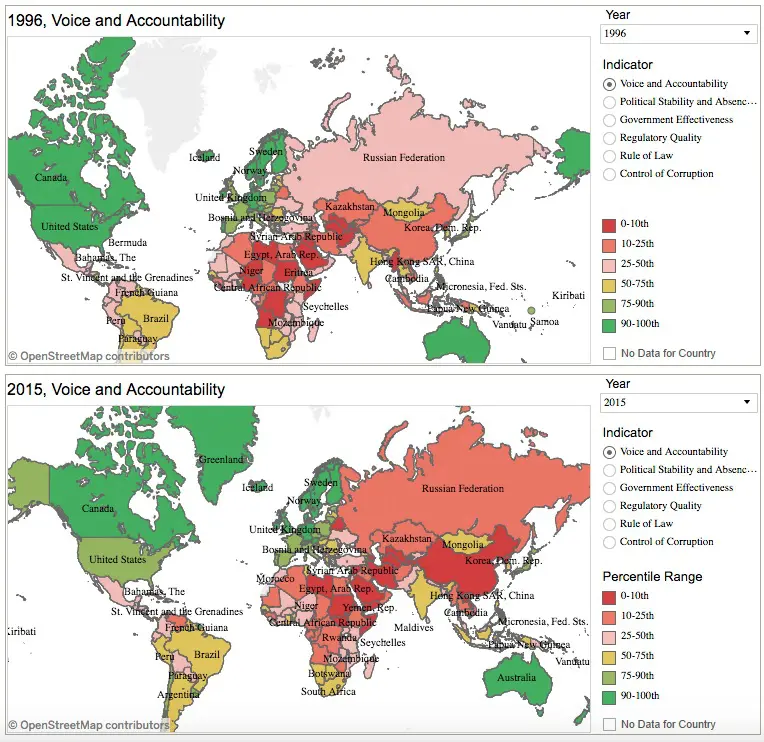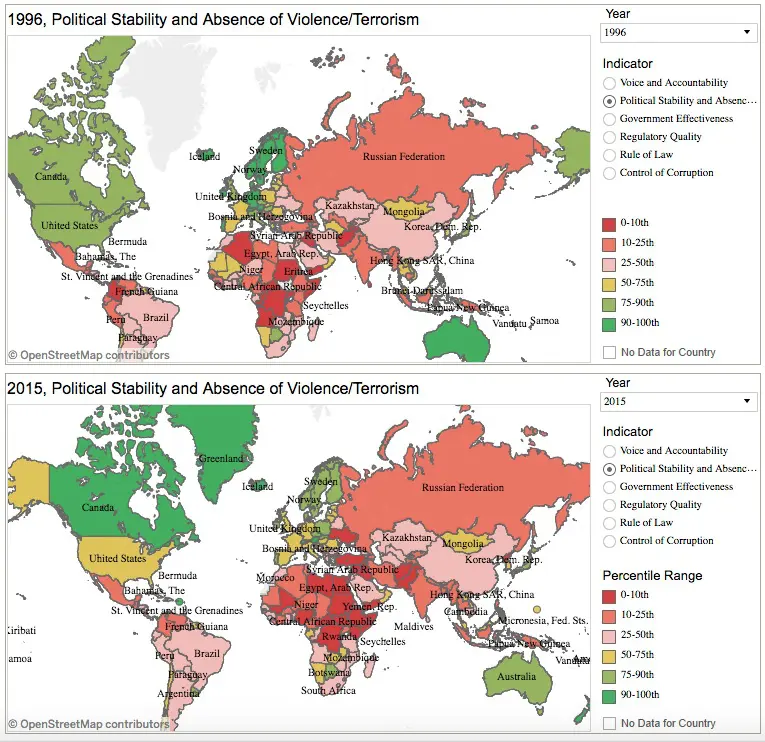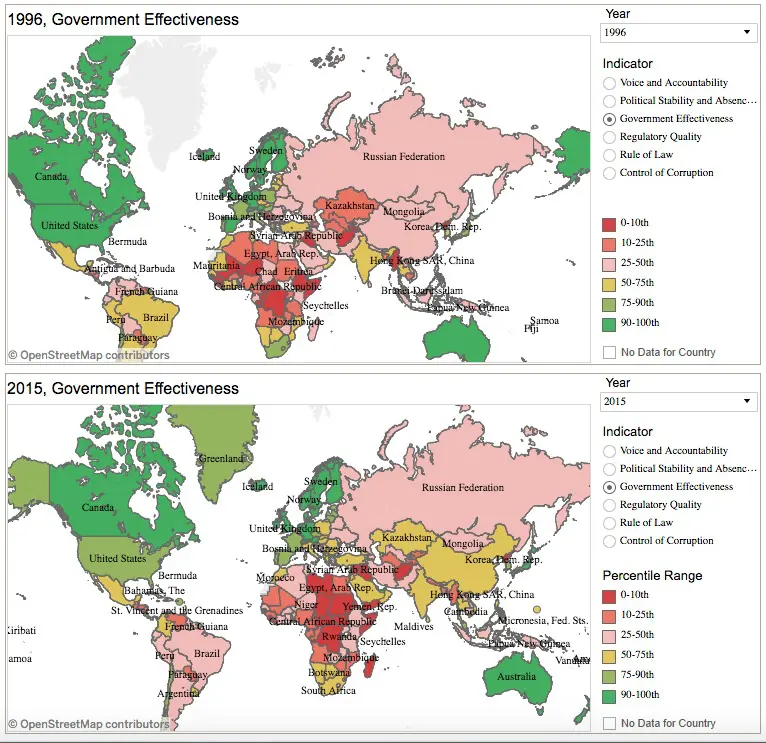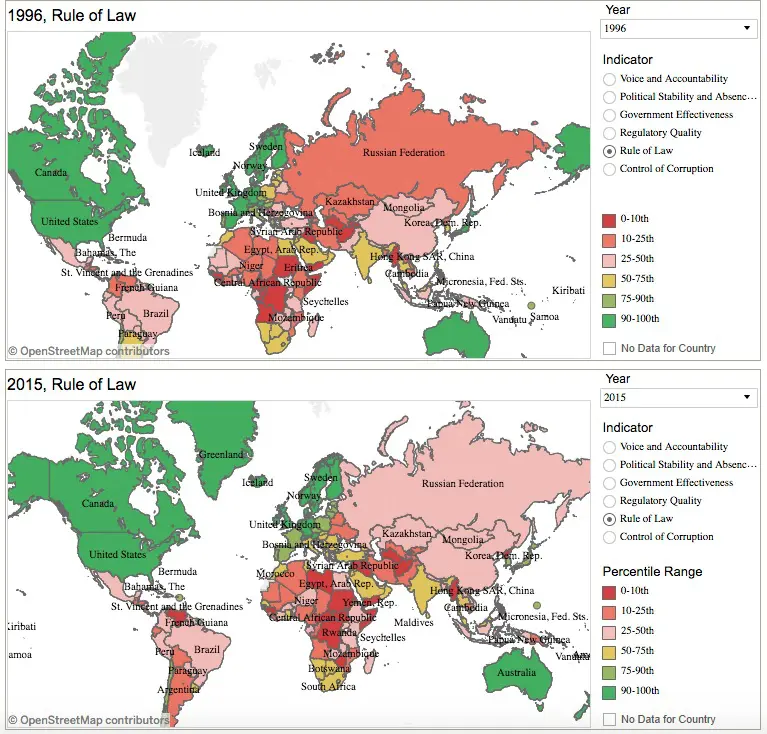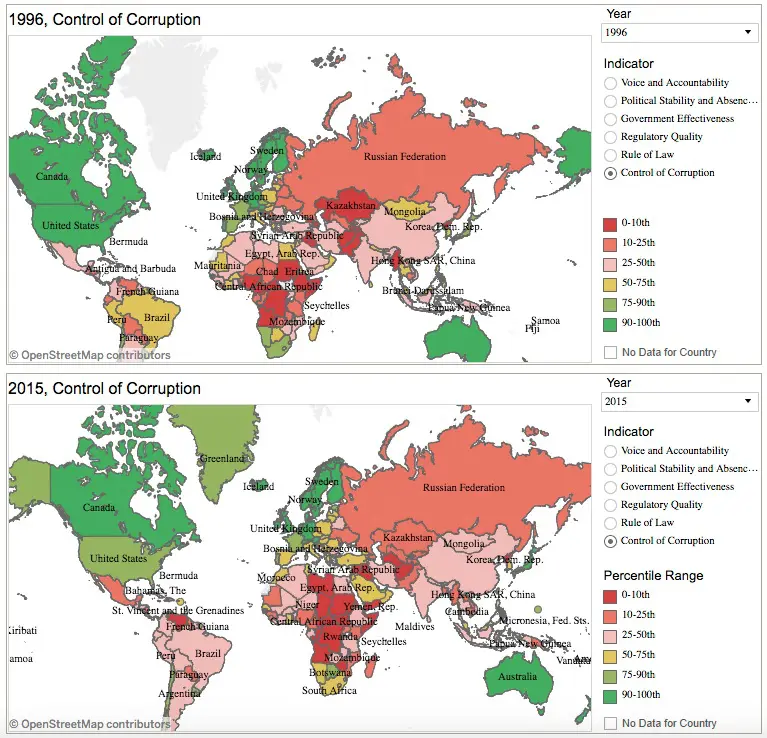September 11, 2001, remains one of the most pivotal days in modern US history — with effects reverberating around the globe. The terrorist attacks on the World Trade Center and the Pentagon not only changed global politics but also gave rise to numerous conspiracy theories, many of which persist to this day despite numerous debunkings. These 9/11 conspiracy theories stem from a combination of the event’s unprecedented nature, its immediate global impact, and the numerous subsequent changes in both U.S. and global policies.
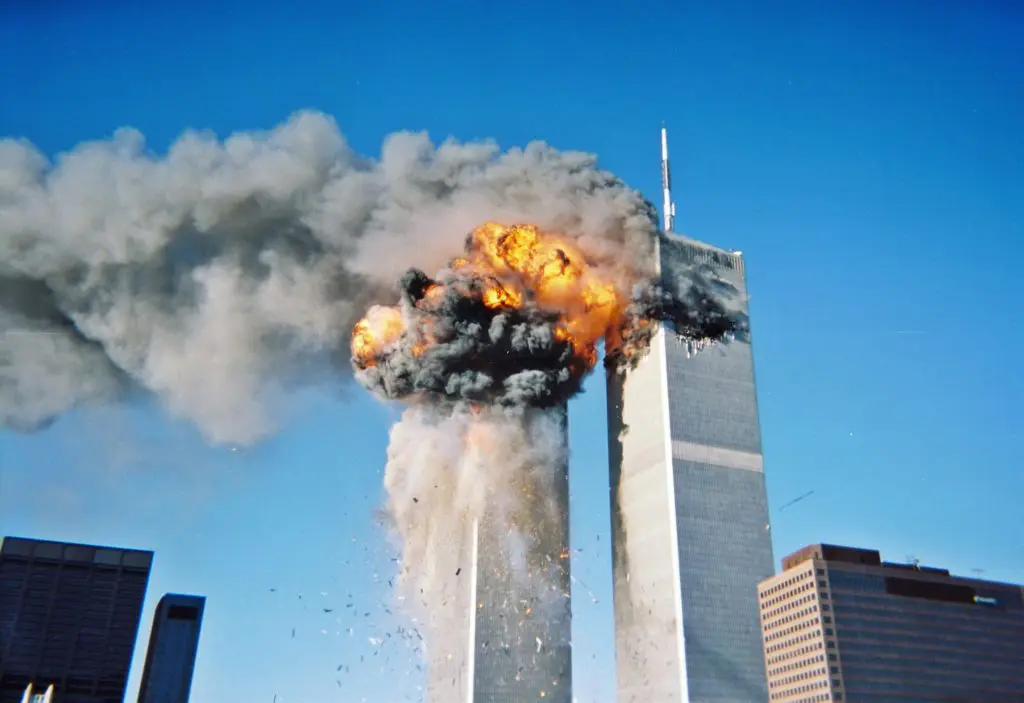
Top 9/11 conspiracy theories
1. Controlled Demolition of the World Trade Center — One of the most persistent theories is that the Twin Towers fell due to a controlled demolition rather than plane impacts and ensuing fires. Proponents point to the manner of the collapse, the speed at which the buildings fell, and reports of explosions as evidence. However, extensive investigations and reports, including those by the National Institute of Standards and Technology (NIST), have debunked this, attributing the collapse to fire-induced structural failure.
2. The Pentagon Missile Theory — Another widespread theory suggests that no airplane struck the Pentagon. Instead, proponents argue that a missile caused the explosion and damage. This theory arises from the initial lack of clear video footage showing a plane and the size of the entry hole. However, eyewitness accounts, debris analysis, and further released footage confirm that it was indeed American Airlines Flight 77 that hit the Pentagon.
3. Inside Job — A more disturbing theory suggests that the U.S. government had prior knowledge of the attacks or was even directly involved. This theory is fueled by the Bush administration‘s immediate focus on Iraq and Afghanistan, along with questions about ignored intelligence warnings. However, investigations, including the 9/11 Commission Report, found no evidence of government complicity, though they did highlight intelligence failures.
4. Israeli Involvement — Another theory posits that Israeli agents had foreknowledge of the attacks. This stems from reports of a group of Israelis seen filming the attack and showing apparent foreknowledge. Investigations found these individuals to be Israeli citizens, but no evidence linked them to foreknowledge or involvement in the attacks.
5. No Planes Theory — A more extreme theory asserts that no planes were involved in the attacks, and the impacts we see in footage were computer-generated. This theory ignores the extensive eyewitness accounts, physical evidence, and the sheer implausibility of such a massive orchestration of fake imagery.
6. Stock Market Insider Trading — Before the attacks, an unusual amount of “put” options (bets that a stock will fall) were placed on companies most affected by 9/11, leading to speculation of foreknowledge. Investigations by the Securities and Exchange Commission found no evidence that anyone with advance knowledge of the attacks profited from stock market trades.
7. Hijackers Still Alive — Some conspiracy theorists claim that several of the identified hijackers were found to be alive after the attacks. This confusion arose from mistaken identities and common names. The 9/11 Commission thoroughly vetted the identities of the hijackers, confirming their involvement and deaths in the attacks.
8. NORAD Stand-Down — Another theory suggests that NORAD (North American Aerospace Defense Command) was ordered to stand down on 9/11, preventing an effective military response. This theory misinterprets the chaos and confusion of the day’s events. NORAD and the FAA were unprepared for an event of this nature, leading to delays and miscommunications but not a deliberate stand-down.
9. Phone Calls from the Planes Were Faked — Some theorists argue that the emotional phone calls made by passengers from hijacked planes were fabrications. This theory falls apart under scrutiny, as the calls were well documented and consistent with the known events aboard the flights.
Why so many 9/11 conspiracy theories?
The sheer scale of the tragedy of 9/11, combined with its unforeseen nature and the subsequent geopolitical shifts, created a fertile ground for conspiracy theories. Human psychology plays a role too; in times of great crisis, people often seek complex explanations for catastrophic events. Additionally, the initial confusion, changing narratives, and genuine intelligence oversights contributed to the proliferation of these theories.
While 9/11 conspiracy theories tap into various aspects of doubt and distrust, they have been largely debunked through extensive investigations. Most of the so-called “9/11 Truthers” eventually stopped peddling their swill and moved on to hawking other conspiracy theories. Understanding these theories is useful, not only for historical knowledge but also for protecting oneself from unscrupulous manipulators who tend to come out of the woodwork during times of crisis and uncertainty.
